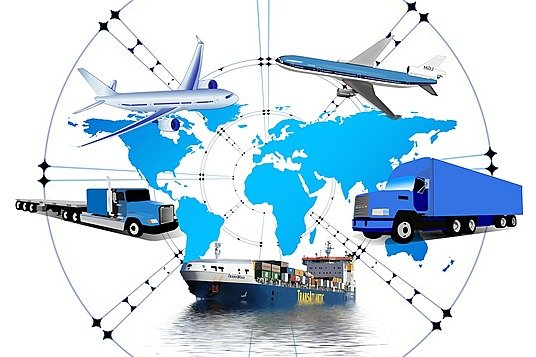Challenges for the food cold chain during the pandemic
During the government-mandated lockdown in Europe, demand for refrigerated storage exploded. Indeed, the closing of restaurants and other food service providers forced vegetables and meat suppliers to store unsold products while seeking new buyers. By June 2020, over 90% of cold storage facilities in Europe were full.
Furthermore, consumers have shifted away from restaurants and catering to food retailing. In France, sales of frozen savoury products increased by 60% from mid-March to the end of March, compared to the previous year. In the United States, online grocery shopping doubled in March 2020. A survey from the US census bureau indicates that 46% of consumers intend to continue shopping online (including perishables) after the pandemic.
Consumer shift from food service to retail has revealed the urgent need for flexibility in the cold chain. So far, the cold chain is fragmented with little to no compatibility between different providers and platforms. Farmers are linked to grocery stores by one cold chain and to food service providers by another.
Cold chain to reduce food losses
In an informatory note, the IIR estimated that a more efficient cold chain could potentially feed 950 million people per year. For now, 13% of all food produced globally is lost due to lack of refrigeration, mostly in developing countries.
